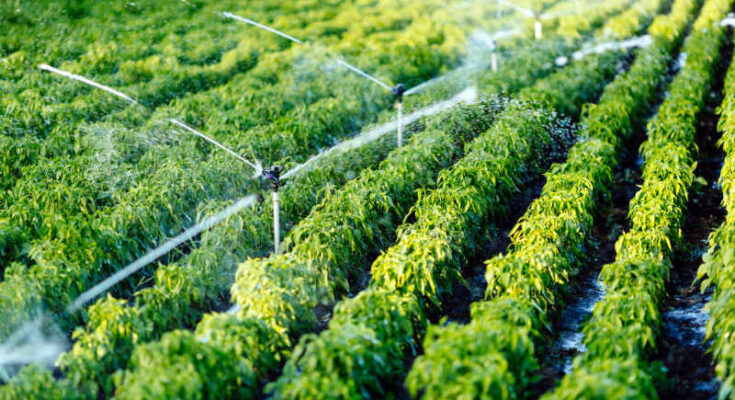Choosing the right irrigation pipe is crucial for ensuring efficient water distribution and maximizing crop yields on your farm. With various options available, it’s important to consider several factors before making a decision. This guide will help you navigate the selection process and find the ideal irrigation pipe for your specific needs.
Types of Irrigation Pipes
PVC Pipes
Polyvinyl chloride (PVC) pipes are popular in agricultural irrigation due to their durability, corrosion resistance, and affordability. They’re suitable for both above-ground and underground installations and can handle low to medium water pressures.
HDPE Pipes
High-density polyethylene (HDPE) pipes are known for their flexibility and durability. They can withstand high pressures and harsh environmental conditions, making them ideal for large-scale irrigation systems.
Drip Irrigation Pipes
Drip irrigation pipes are designed for precision watering, delivering water directly to the plant’s root zone. They’re highly efficient and can significantly reduce water waste.
Polywise Irrigation Pipes
Polywise irrigation pipes are known for their durability and reliability, making them a smart choice for long-term agricultural use. They offer a balance of performance and cost-effectiveness.
Factors to Consider When Choosing Irrigation Pipes
Water Pressure Requirements
Different irrigation systems operate at varying pressures. It’s crucial to select pipes that can handle the maximum pressure of your system to avoid leaks and bursts.
Soil Type and Terrain
The type of soil and the terrain of your farm play a significant role in pipe selection. Flexible pipes like HDPE are better suited for uneven or hilly terrains, while rigid pipes like PVC may be more appropriate for flat lands.
Climate and Weather Conditions
Consider the local climate when choosing irrigation pipes. UV-resistant pipes are essential for areas with high sun exposure, while freeze-resistant pipes are crucial in colder regions.
Crop Type
Different crops have varying water requirements. Choose pipes that can efficiently deliver the right amount of water for your specific crops.
Water Quality
The quality of your irrigation water can affect pipe longevity. If your water has high mineral content or is corrosive, choose pipes with appropriate resistance properties.
Installation and Maintenance
Consider the ease of installation and ongoing maintenance requirements. Some pipes may be easier to install but require more frequent maintenance, while others might have a higher upfront cost but lower long-term maintenance needs.
Cost Considerations
While initial cost is an important factor, it’s crucial to consider the long-term value of your irrigation pipes. Factor in durability, lifespan, and maintenance costs when making your decision.
Environmental Impact
Consider the environmental impact of your chosen pipes. Look for options that are recyclable or made from sustainable materials to minimize your farm’s ecological footprint.
Conclusion
Selecting the perfect irrigation pipe for your farm involves careful consideration of various factors, including water pressure requirements, soil type, climate, crop needs, and budget. By thoroughly evaluating these aspects and exploring options like PVC, HDPE, drip irrigation, and Polywise irrigation pipes, you can make an informed decision that ensures efficient water distribution and supports the long-term success of your agricultural operations.
Remember, the right irrigation pipe can significantly impact your farm’s productivity and water use efficiency. Take the time to assess your specific needs and consult with irrigation experts if necessary to find the best solution for your farm.




